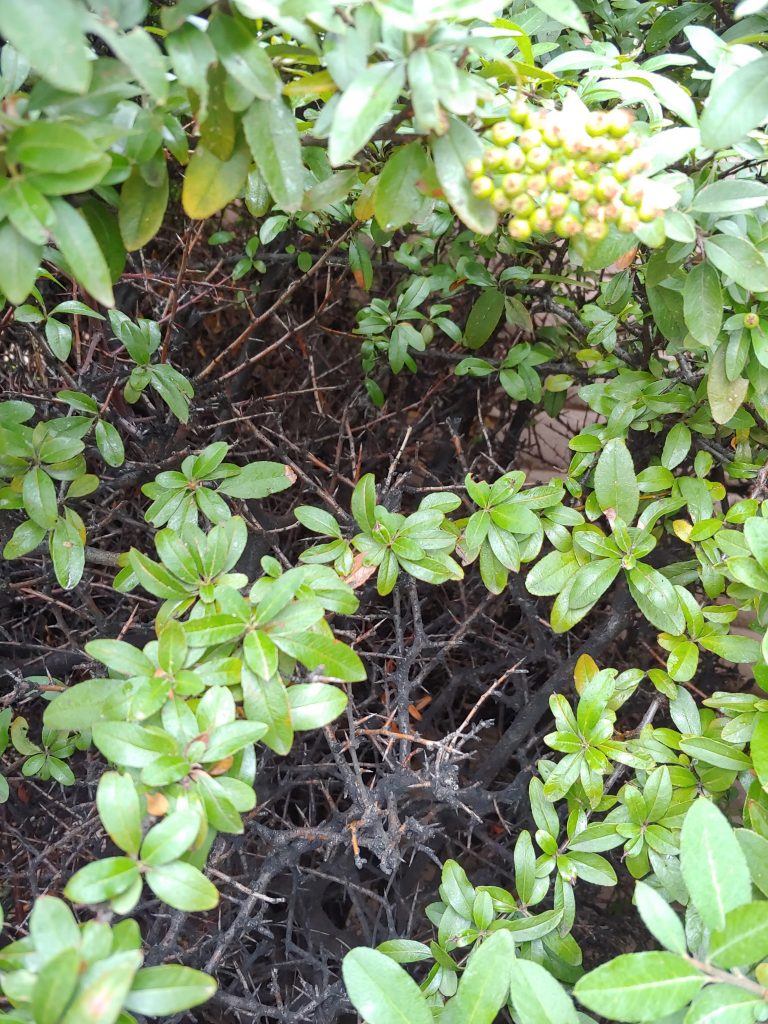Many people set New Year’s resolutions, but it isn’t easy to follow them through ’til the end of the year. Why is that? It’s because people aren’t determined enough to put that much effort into it. Why do so many find it difficult to put that effort in? It’s because they are anxious to reach it quickly. When we set out to achieve something in the future, it’s important to be diligent and persistent in order to reach a completion.
There’s a phrase 行百里者半九十. 行 originally meant an intersection, or a junction of two roads. This is where we get the meanings such as procession, or degree of relationship, as in 行列. There were many merchants at such junctions, so we also have words like market, or merchant. 銀行 (bank) consists of the word 銀 (silver), so it originally meant a place where you bought and sold silver. In the past, silver was used as a form of common currency. 洋行 means a Western-style store, or a new type of merchant. Many people walk about a junction on a road, so we also have meaning of going or moving around. In 行百里者半九十, 行 means going. Therefore 行百里者 means a person going one hundred ri.
半 originally meant half, but here it means considering as half. We just have number 九十 for a numeric value of ninety, but because of the word 百里 (hundred ri), we can assume the unit of ri here as in ninety ri. So, 半九十 would mean consider as ninety ri as half.
Synthesizing these together, we have, “a person set out to travel one hundred ri goes ninety ri and considers it a half of his journey.” With such attitude, the person will continue on with persistence, and will not be so anxious to get to the destination quickly.
A turtle has short legs, so it can only travel at a very slow pace, but don’t forget that it can also travel 1,000 ri.
Note: ri is roughly about an one-third of an English mile.
Original: https://www.donga.com/news/Culture/article/all/20040104/8017106/1
English translation by Michael Han (https://michaelhan.net)
